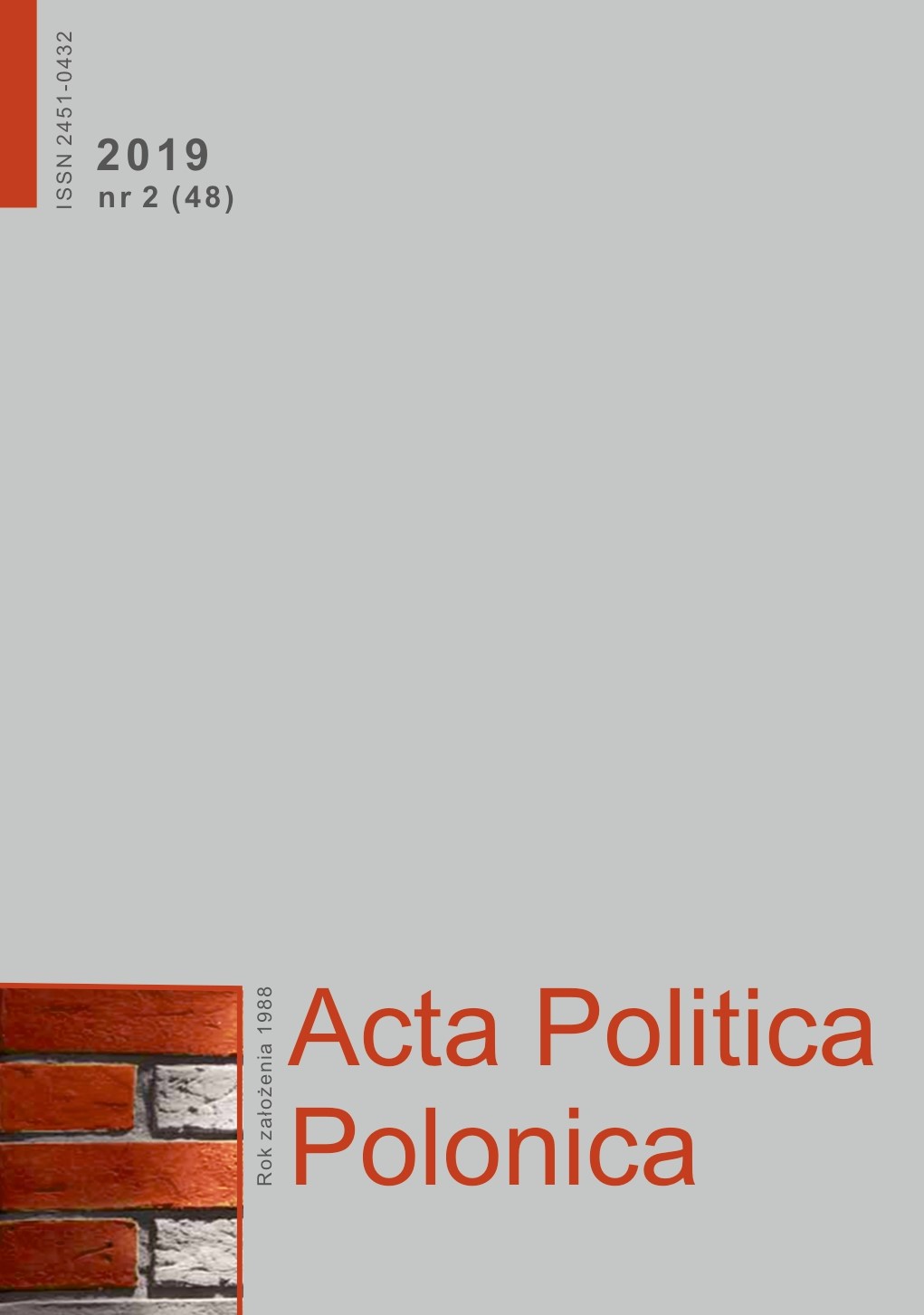„Zielone ludziki” w polityce zagranicznej Federacji Rosyjskiej w drugiej dekadzie XXI wieku
„Little green men” in the foreign policy of the Russian Federation in the second decade of the 21st century
Author(s): Marlena PokrzywińskaSubject(s): Politics / Political Sciences, Geopolitics
Published by: Wydawnictwo Naukowe Uniwersytetu Szczecińskiego
Keywords: Russia; little green men; the Wagner Group; mercenaries
Summary/Abstract: The purpose of this article is to analyze the role of “little green men” in the Russian foreign policy in the light of legal norms regulating use of mercenaries and paramilitary groups. The author examined the Kremlin’s motives to use illegal forces to achieve political goals from the perspective of the decision-making process. In addition, the institutional and legal method was helpful to understand the legal context of the involvement of unofficial forces in foreign policy. This article attempts to answer the following research questions: what is the role of “little green men” in the Russian foreign policy? What is the Kremlin’s official attitude towards the use of mercenaries and contractors? What are the reasons for engagement of unofficial forces outside Russia? It is worth noting that a trend of the commercialization of security and conflicts managed by intermediaries became visible at the beginning of the 21st century in the world. Not only Russia has decided on this type of service, because the USA, Great Britain or France delegate some of the tasks originally assigned to the armed forces to private entities. Signs of mercenary activity for the Russian Federation have been described on the examples of Ukraine, Venezuela, the Central African Republic and Syria.
Journal: Acta Politica Polonica
- Issue Year: 2019
- Issue No: 48
- Page Range: 45-53
- Page Count: 9
- Language: Polish

